More like this...
TREASUREISLANDDIZZY 8D Commodore 64 game
Fresh from his first adventure where Dizzy defeated the evil wizard Zaks, he enjoyed a hero's welcome in the village. Seeking a relaxing holiday, Dizzy opted for an inexpensive cruise on a friendly pirate ship. During a game of cricket on the main deck, a missing stump led resourceful Dizzy to use the captain's wooden leg. Unfortunately, the ball hit the leg, sending it overboard. In retaliation, Dizzy was forced to walk the plank, gazing down at shark-infested waters as he was pushed into the cold sea.
Hours, maybe days later, Dizzy awoke on a creepy island, setting the stage for his next adventure. Stranded, he needed to find a boat to return home. The game required players to explore two islands, navigating the sea in between. However, the challenge wasn't just assembling a boat; it involved locating 30 scattered coins hidden behind objects like railings and plants. Only by completing both objectives could Dizzy escape the island.
In the sequel, "Treasure Island Dizzy," players noticed improvements, such as the ability to carry up to three objects at once. A 'conveyor belt' system stored objects, prompting players to consider the order of item pickup. However, the game became more unforgiving with only one life, adding a frustrating element to the otherwise enjoyable gameplay.
Despite the challenging aspects, the graphics showed a slight improvement over the original game, accompanied by in-game music that enhanced the gaming experience. However, the one-life limitation affected the overall score, making "Treasure Island Dizzy" the black sheep in the legendary Dizzy game series.
Separately, the Wikipedia article details the development, design, and reception of "Treasure Island Dizzy." The game, released in 1989 by Codemasters, was the second installment in the Dizzy series. Developed by the Oliver Twins, it introduced a new inventory system and focused on inventory-based problem-solving. Critics noted its difficulty, with only one life and the challenge of collecting 30 coins. The game's success was evident in its extended stay in the Gallup All Formats Top 40 and impressive sales figures for the ZX Spectrum version. Various ports, including one for the Nintendo Entertainment System and a Windows version by Codemasters, contributed to the game's enduring legacy.
Game category: Commodore 64 games
Recently played
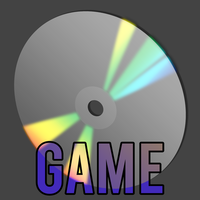
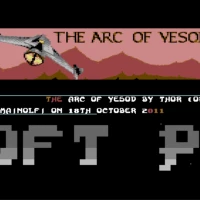
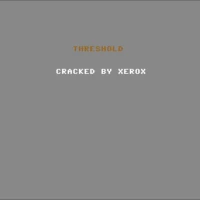
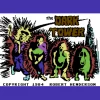
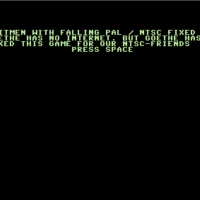
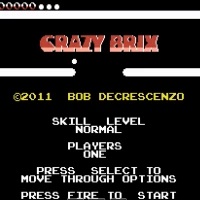
![sphere[ts] Commodore 64 game](https://www.gamesclips.com/gameImages/7096.webp)
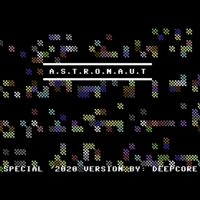
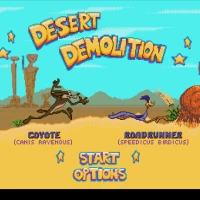
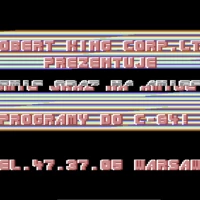
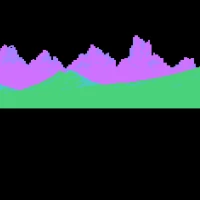
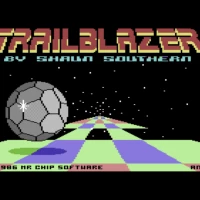

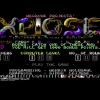

Comments